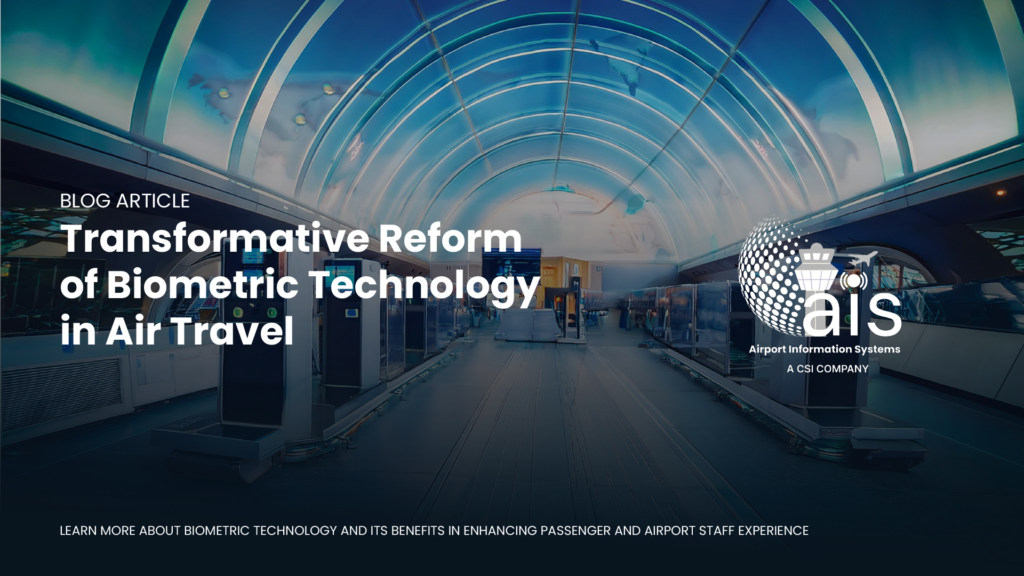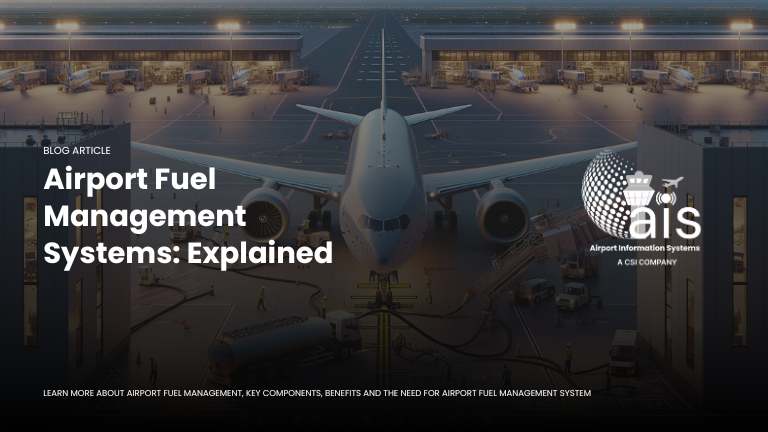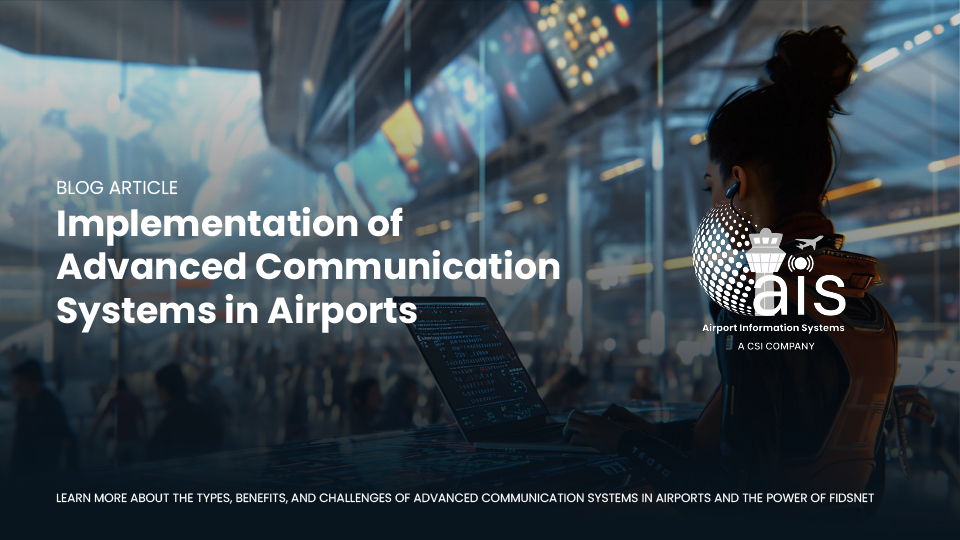According to the International Air Transport Association (IATA), 75% of passengers prefer to use biometric technology in air travel instead of traditional passports and boarding passes, highlighting a significant shift towards digital identification in air travel.
COVID-19 has accelerated the need for social distancing and contactless procedures became not just a priority, but a necessity. Biometric boarding and procedures have become quintessential in the airport onboarding process, providing enhanced convenience and security.
Today, we don’t have to walk through those long queues, cumbersome check-in processes, and heightened security measures. Modern biometric technology has evolved significantly, transforming air travel into a more secure, smooth, and fast experience.
Let’s explore the benefits of biometric technology, its applications across various airports, and its future in air travel.
Current Status of Biometric Technology In Air Travel
Biometrics primarily involves the use of unique biological traits such as facial recognition, fingerprints, and iris scans to verify identities.
The technology behind these biometric systems typically involves high-resolution cameras and sophisticated algorithms that analyse physical characteristics. Facial recognition, fingerprint scanning, and iris recognition systems all work by capturing images of passengers’ faces, fingerprints, or irises at various checkpoints and comparing them against stored data in a secure database, using unique patterns to authenticate identities.
This process can occur in real-time, allowing for quick identification and verification. The integration of artificial intelligence (AI) and machine learning in Biometrics enhances the accuracy and efficiency of these systems. It enables adaptation to different environments and improves their performance over time.
Airports across Europe are leading the way in adopting these technologies. For instance, British Airways has implemented facial recognition systems at Heathrow Airport to facilitate faster boarding processes, while Lufthansa is rolling out biometric identification across its operations at Munich Airport. The European Union is also advancing its Entry/Exit System (EES), which will track visitors using biometric data, further underscoring the growing reliance on this technology.
As a result, biometric technology is not only revolutionising security measures, but also reshaping the overall passenger experience in air travel.
Benefits of Biometric Technology in Air Travel
The advantages of biometric technology extend beyond mere convenience; they play a critical role in addressing the challenges faced by the aviation sector, particularly in an era where safety and efficiency are paramount.
Faster Check-In and Boarding with Biometric Identification Systems
Biometric identification systems, particularly facial recognition, have significantly reduced wait times at check-in and boarding gates. Passengers can now complete check-in by simply scanning their faces or using mobile applications that verify their identity through selfies matched with ID photos. This hands-free approach eliminates the need for physical documents, allowing travellers to move swiftly through various checkpoints.
Enhanced Security through accurate Identity Verification
Biometric systems bolster security by providing accurate identity verification and reducing the chances of fraud. Advanced algorithms and AI-based verification protocols ensure that only authorised individuals can access secure areas of the airport. This not only protects passengers but also enhances the safety of airport personnel.
Improved Travel Experience with Reduced Wait Times
With the implementation of biometric systems, passengers encounter fewer manual checks and shorter lines, allowing for a more seamless journey from arrival to departure. This innovation not only enhances efficiency but also contributes to a more enjoyable travel experience.
Apart from biometrics, AIS products like AFIDS (Automated Flight Information Data System) can significantly enhance your airport operations and overall passenger experience. AFIDS is designed to streamline airport processes by collecting data in real-time, which is then processed by the ALDIS software to generate accurate invoices. This integration ensures that billing reflects up-to-date information, improving financial accuracy.
Increased Efficiency for Airport Staff through Automated Checks
The implementation of biometric technology allows airport staff to focus on critical tasks rather than routine identity checks. This shift not only enhances job satisfaction among employees but also improves overall operational efficiency within airports.
Usage of Modern Biometric technology at Airports
Seen from the international perspective of technology adoption at Airports, European airports are at the forefront of implementing biometric tech across various stages of the travel process. The integration of these systems changes how passengers interact with airport services, making the travel experience more efficient and user-friendly.
Here are some of the most effective use cases of biometric tech:
Check-In
Passengers can check in using mobile apps that incorporate facial recognition, linking their identity to their digital boarding pass. For example, Frankfurt Airport has adopted biometric solutions that allow passengers to register their biometric data at check-in kiosks or via a mobile app.
Baggage Drop
Biometrics at self-service baggage drop allow passengers to link their identity to their luggage seamlessly, as demonstrated by Bengaluru Airport’s new biometric-enabled self-bag drop facility. This innovation reduces the need for physical interaction with staff and helps to minimise queues, enabling a more efficient travel experience.
Boarding
Many airlines now use biometric boarding gates that allow passengers to board by simply scanning their faces, eliminating the need for physical boarding passes. For instance, Abu Dhabi’s Zayed International Airport is set to implement a “Smart Travel” project by 2025, enabling travellers to check in using facial recognition, further enhancing the document-free travel experience.
Security Screening
Biometric systems expedite security checks by quickly verifying identities against stored data. Schiphol Airport in Amsterdam employs Iris and fingerprint recognition systems to facilitate automated border crossings, allowing registered passengers to move through security checkpoints with ease.
Lounge Access
Some airports are incorporating biometric technology for access to exclusive lounges. For instance, London Heathrow has begun testing biometric entry points that enable eligible passengers to enter lounges simply by scanning their faces, enhancing convenience for frequent flyers.
Customs Clearance
Modern biometric technology can also be applied at customs checkpoints throughout the airport, enhancing the efficiency and security of the customs clearance process. By utilising facial recognition and other biometric identifiers, travellers can undergo identity verification without the need for physical documents. This contactless approach not only speeds up the process but also reduces the potential for human error and fraud.
As part of Digital Transformation, global airports are adopting biometrics and advanced systems, to offer a prime experience for travelers.
Future Trends and Challenges of Biometric In Air Travel
Looking ahead, several trends and challenges are anticipated in the realm of biometric technology in air travel:
Increased Adoption
As technology improves and becomes cost-effective, more airports and airlines are expected to adopt biometric solutions. This could lead to a fully paperless travel experience where biometrics serve as the sole identification method throughout the check-in.
Privacy Concerns
The collection and storage of biometric data raise significant privacy issues. Ensuring compliance with data protection regulations like GDPR will be crucial for maintaining public trust.
Technical Limitations
Despite advancements, challenges such as varying lighting conditions and demographic differences can affect the accuracy of biometric systems. Continuous improvement in technology will be necessary to address these issues effectively.
As biometric technology continues to evolve, its integration into air travel is expected to deepen. Future advancements may include fully automated systems where facial recognition becomes the sole method of identification throughout the entire travel process—from check-in to boarding and even duty-free shopping.
In this evolving landscape, AIS Airport Management Systems are advancing various processes that enhance operational efficiency. Solutions like Security Sentinel and Gate Guardian optimise security checks and passenger flow for airports to handle passenger volumes efficiently.
As biometric technology progresses, AIS continues to innovate, providing robust systems that complement emerging technologies and support a seamless travel experience.
Conclusion
In conclusion, modern biometric technology is not just enhancing security. It’s transforming passenger experiences by making air travel faster, safer, and a journey-to-remember for both travellers and airport staff alike. The transformative reform of biometric technology in air travel represents a pivotal shift towards enhanced security and improved passenger experiences. Despite challenges related to privacy and technical limitations, the potential benefits of biometric technology make it a crucial component of modern aviation infrastructure.
The ongoing development of these technologies is poised to revolutionise air travel. It addresses long-standing issues and paving the way for innovations that will redefine how we navigate our journeys. As you explore the future of air travel, consider how AIS products can further enhance airport operations and passenger experiences. AIS systems are designed to streamline processes such as security checks and boarding, ensuring efficiency and safety at every step. Check out our offerings to see how AIS can support your airport’s journey toward modernization and improved service delivery.


